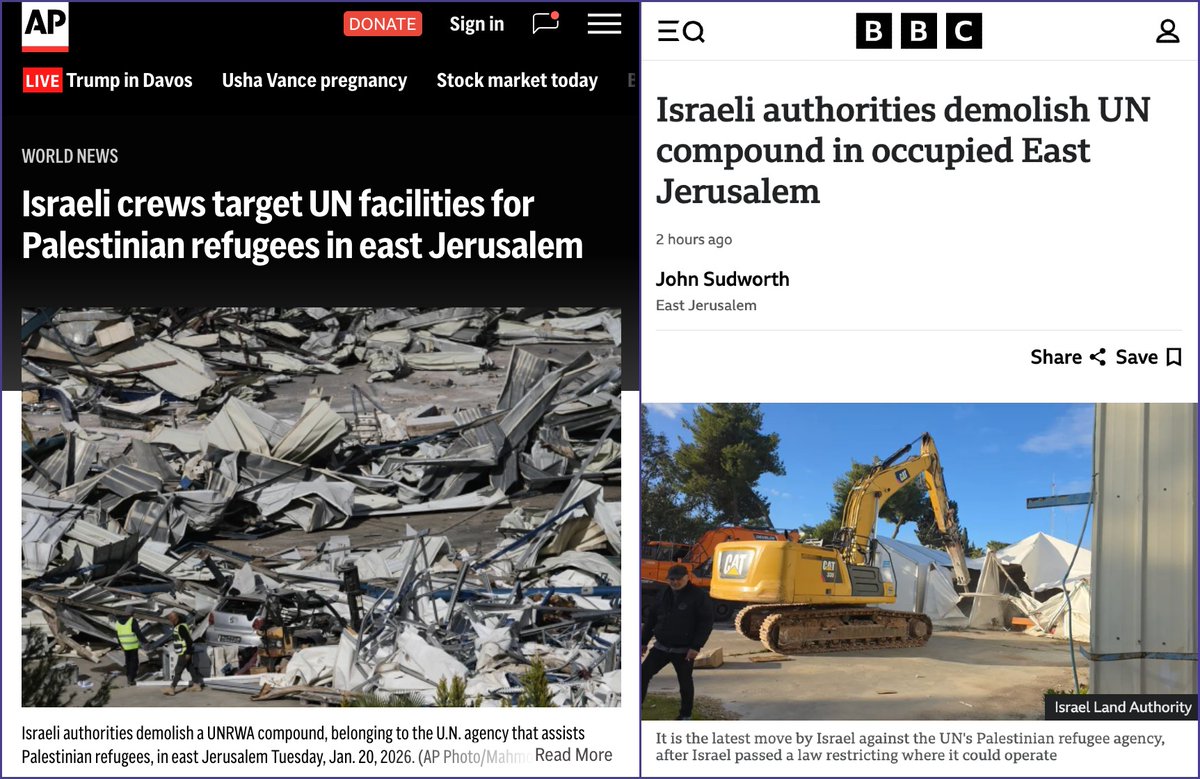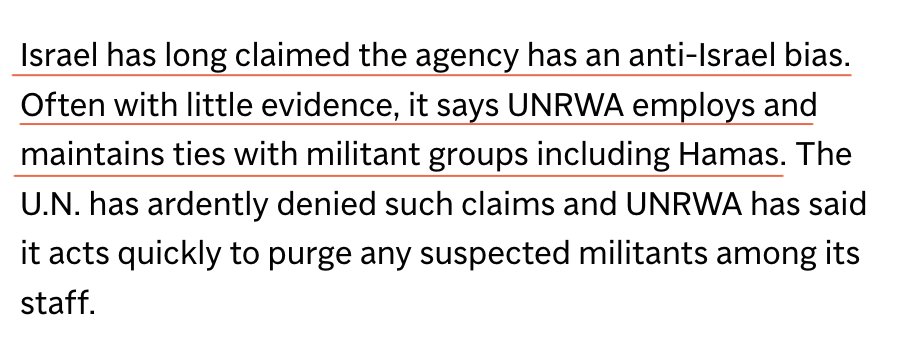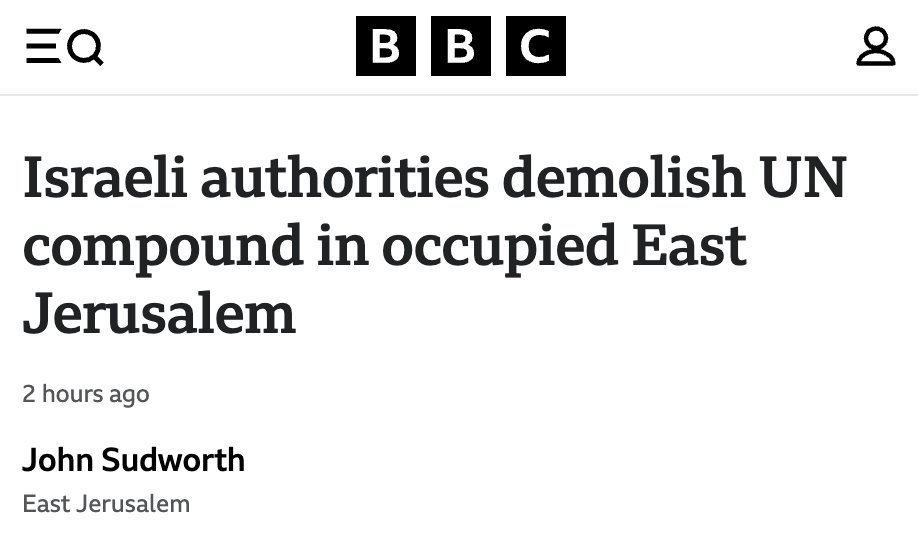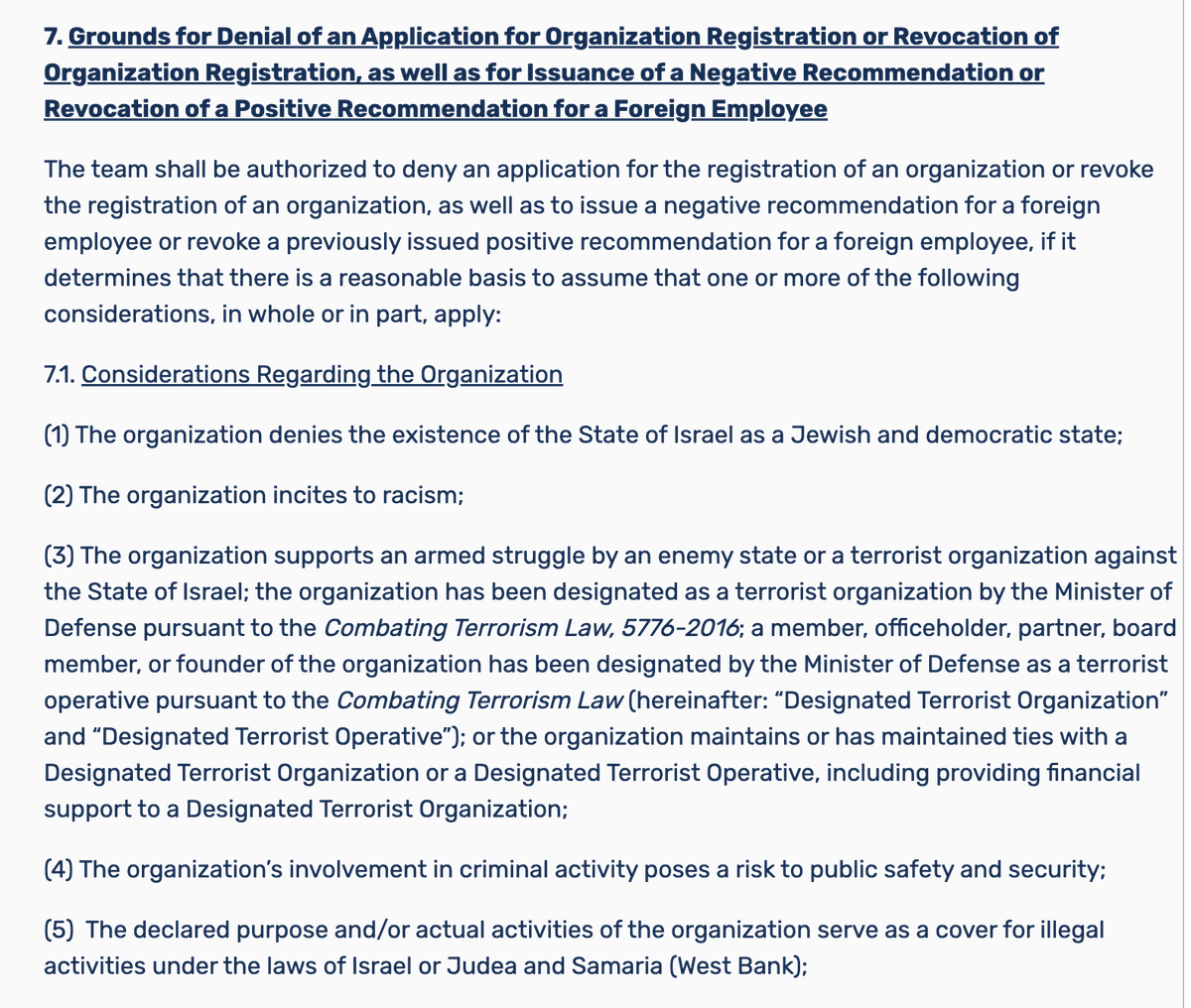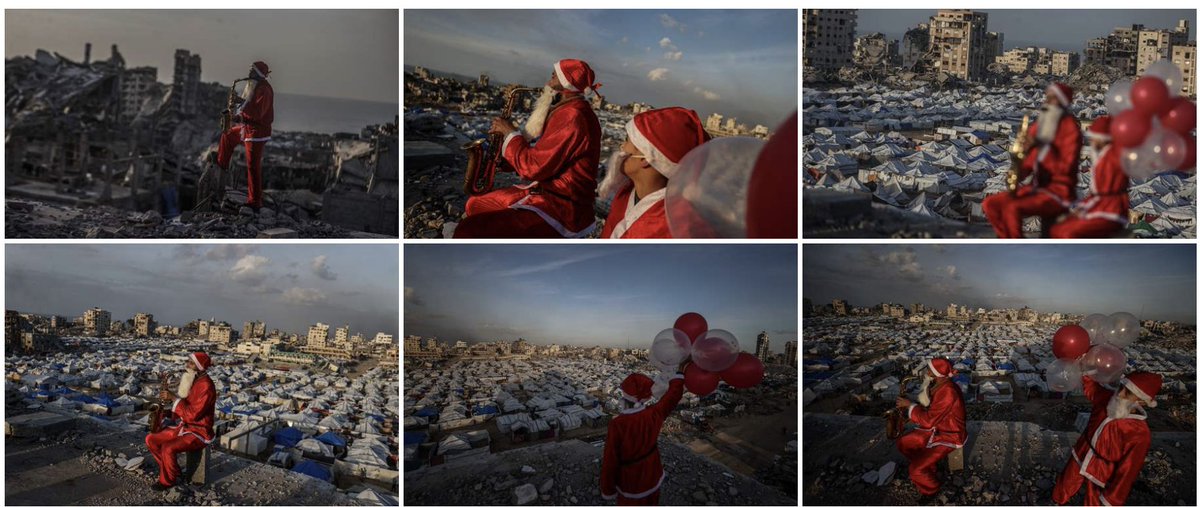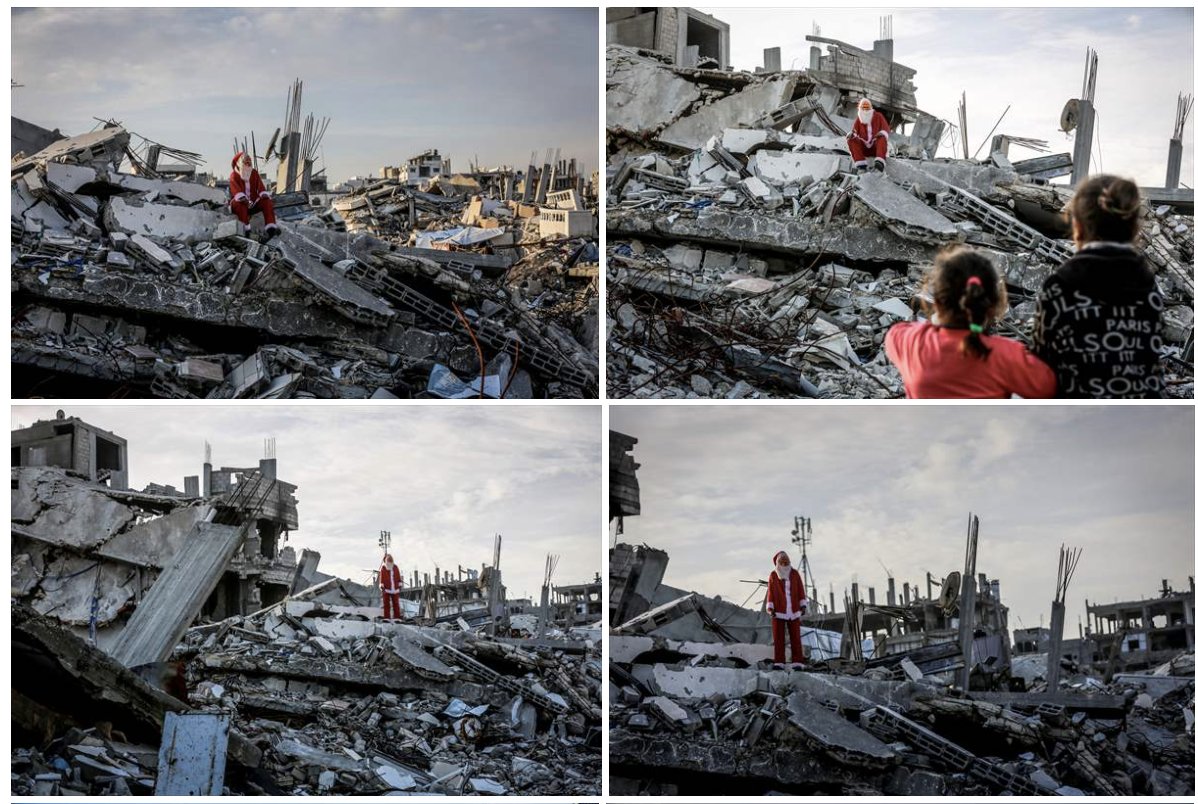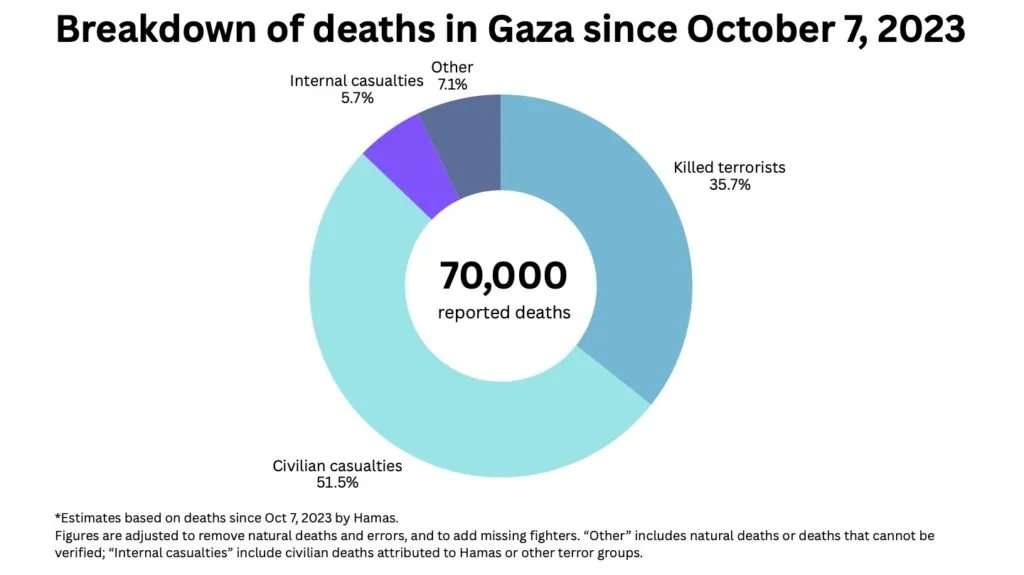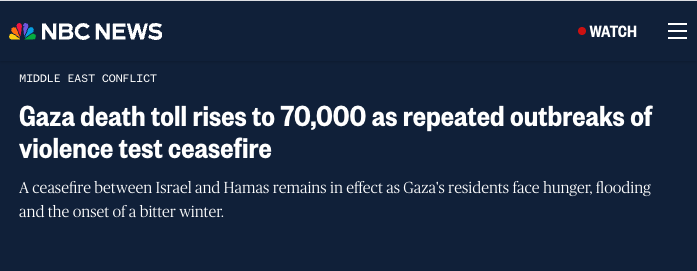With Israel eager to restrict the spread of Covid-19, it's no surprise that the government moved to impose restrictions, including on protests, so much of the media either published the news matter-of-factly, or didn't cover it at all.
And then there's the @Guardian response...
And then there's the @Guardian response...

It's instructive to compare the @Guardian coverage to others, such as @AFP's.
Note how the AFP headline focuses on the news itself, not the reaction.
Note how the AFP headline focuses on the news itself, not the reaction.

And here's the @AssociatedPress story, republished here in one of the many news outlets around the world to run the wire service's strory.
Again, the @AP headline tells the facts alone, without prefacing it with an anonymous opinion.
Again, the @AP headline tells the facts alone, without prefacing it with an anonymous opinion.

We took a moment to look at the @CNN, @NYTimes, @BBC, @TheTimes and @Telegraph websites. No special articles on this.
Perhaps because, with a complete lockdown under way, the lifting of the exemption for political protests is not as outrageous as @Guardian would have us believe.
Perhaps because, with a complete lockdown under way, the lifting of the exemption for political protests is not as outrageous as @Guardian would have us believe.
Regardless, the @Guardian and others have the right to cover whichever stories they choose. What is less legitimate, however, is the contrived manner in which internal critics of Israeli government policies are repeatedly given a platform far exceeding their own significance.
This tendency, taken together with the blurring of the lines between news reporting and news analysis, leads to an ongoing stream of negative news content from some media outlets.
This has a real, distortionary effect on the public's opinion of Israel.
This has a real, distortionary effect on the public's opinion of Israel.
• • •
Missing some Tweet in this thread? You can try to
force a refresh



